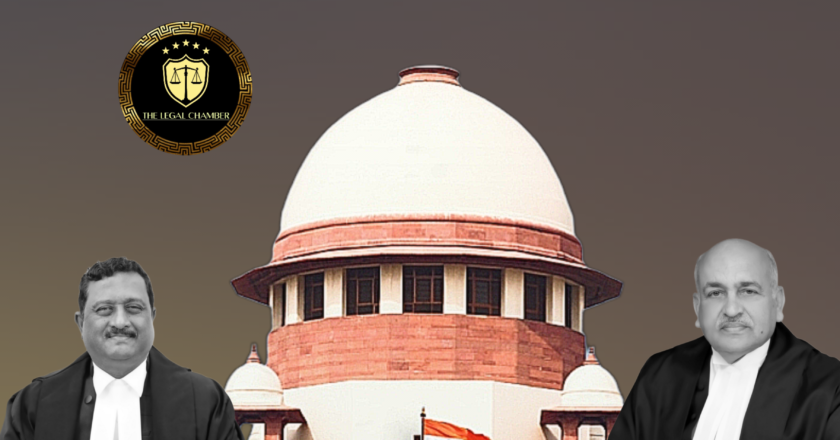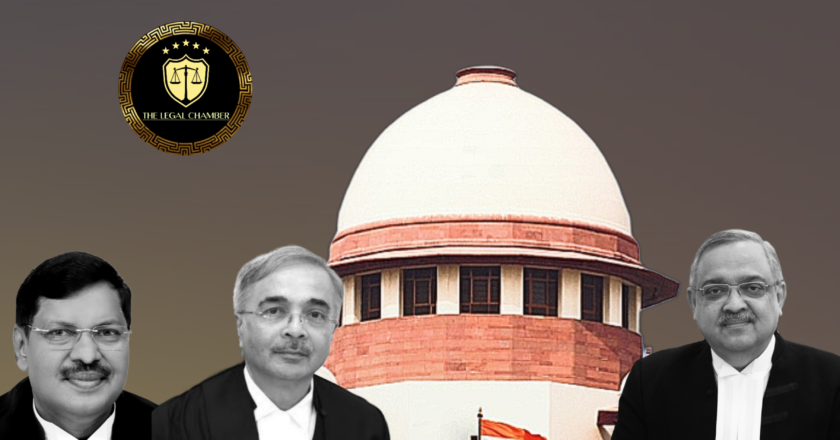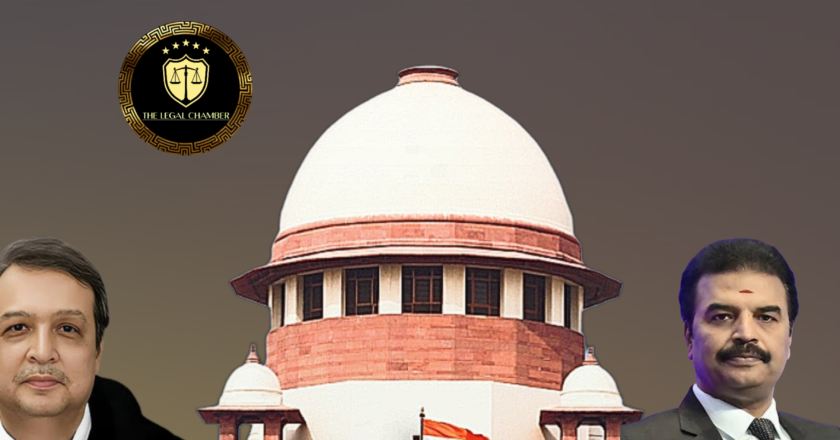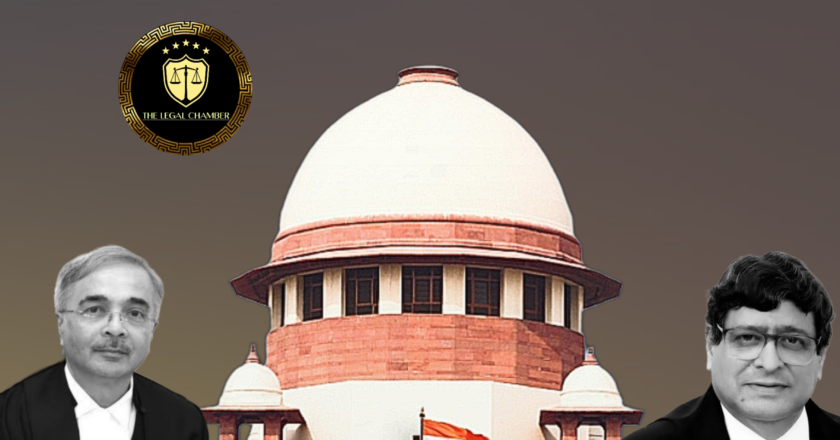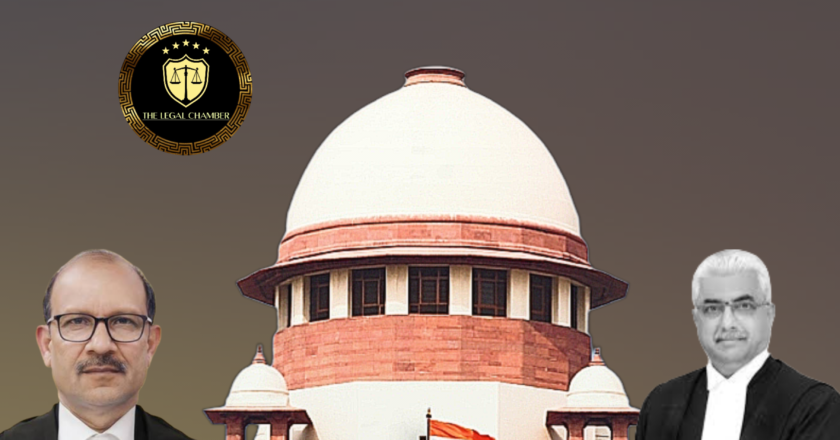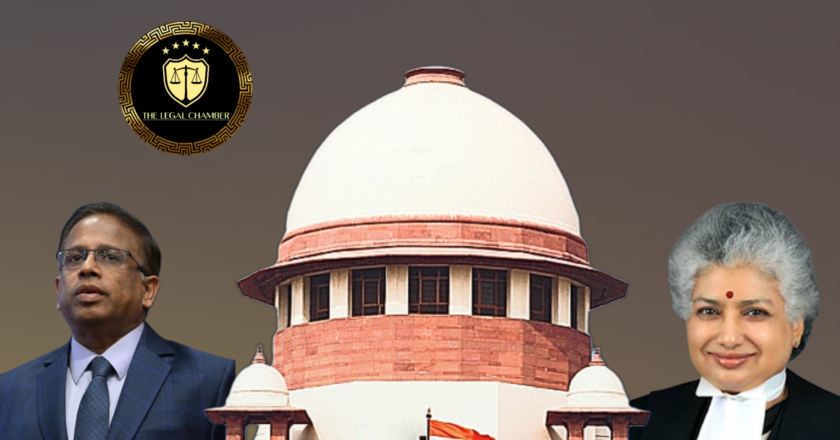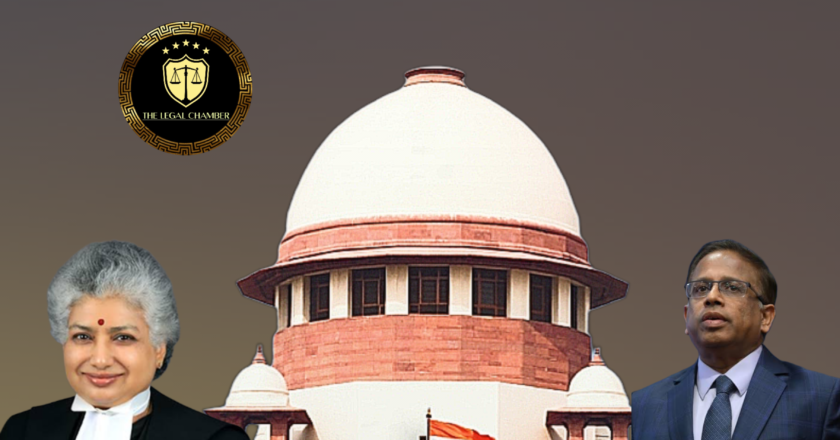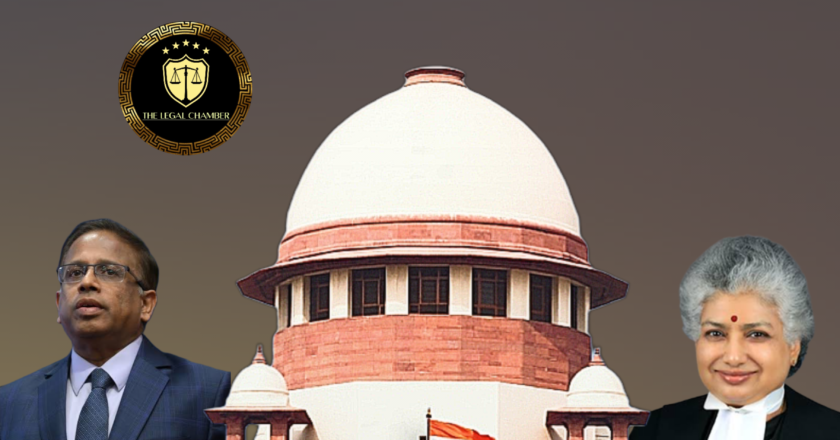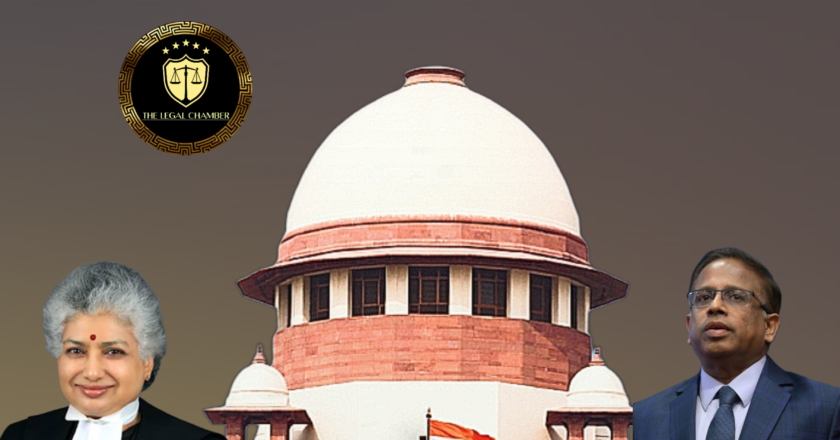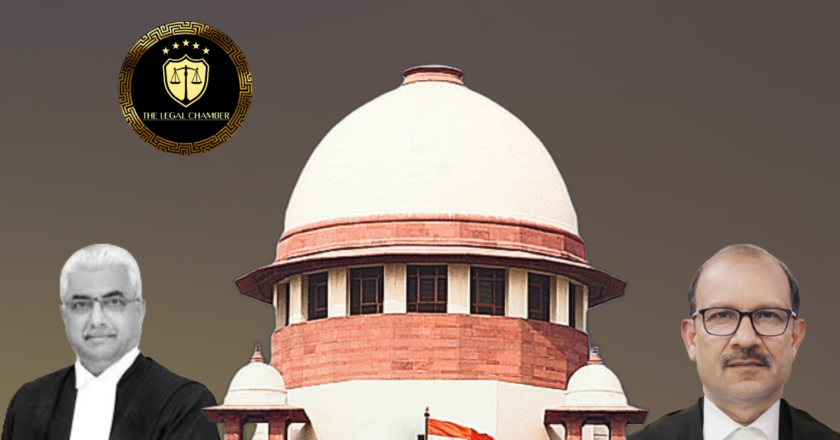No Set Formula for Human Reaction: Supreme Court Backs Parents Who Fled Fire That Killed Kids
The Supreme Court ruled that the High Court erred in its appreciation of evidence, particularly witness testimony and circumstantial evidence. It upheld the trial court's conviction, establishing that the prosecution successfully proved its case beyond a reasonable doubt and that witness conduct cannot be judged by a uniform standard of reaction.
Facts Of The Case:
The case stems from a tragic incident on the intervening night of April 1-2, 1992, in Khunti, where the informant, Santosh Kumar Singh, his wife, and their two infant daughters were asleep. The prosecution's case was that accused persons Nilu Ganjhu and Md. Mahboob Ansari, motivated by a business rivalry with the informant over his bus agency operation, threatened him weeks prior. That night, an explosive substance was used, c...
